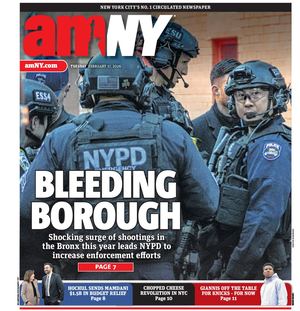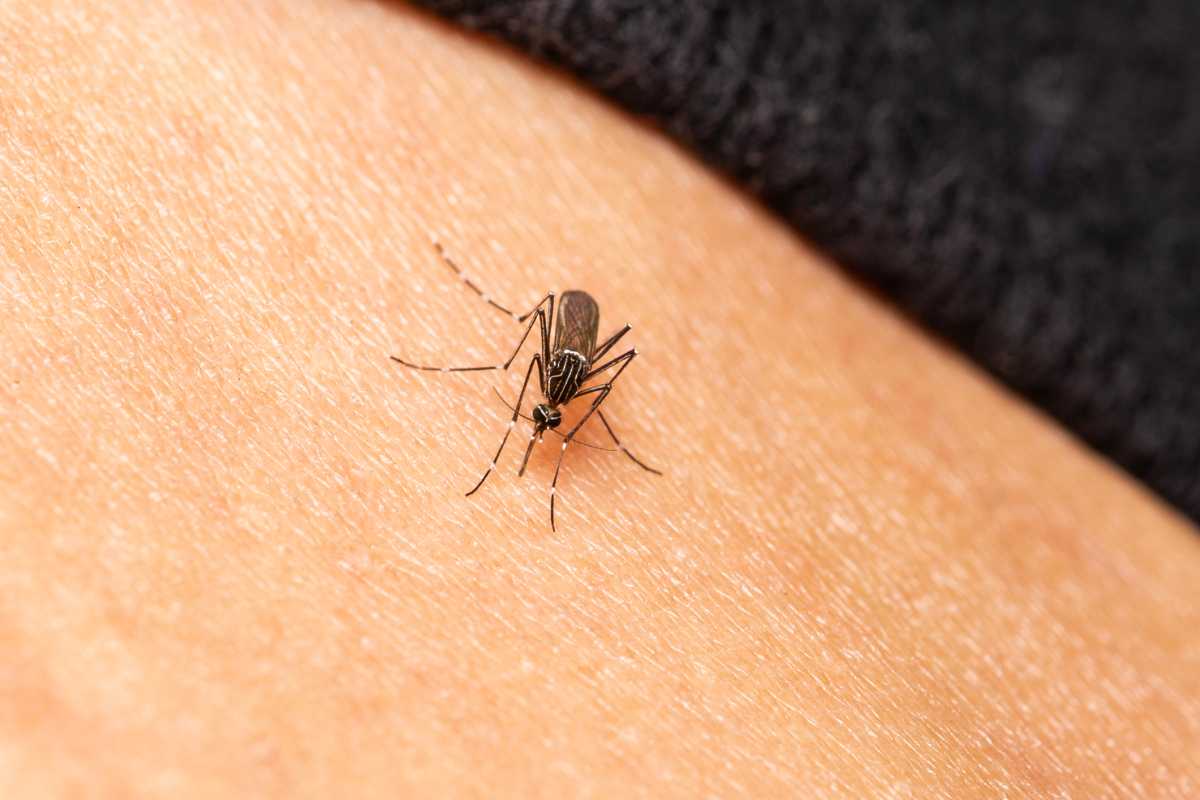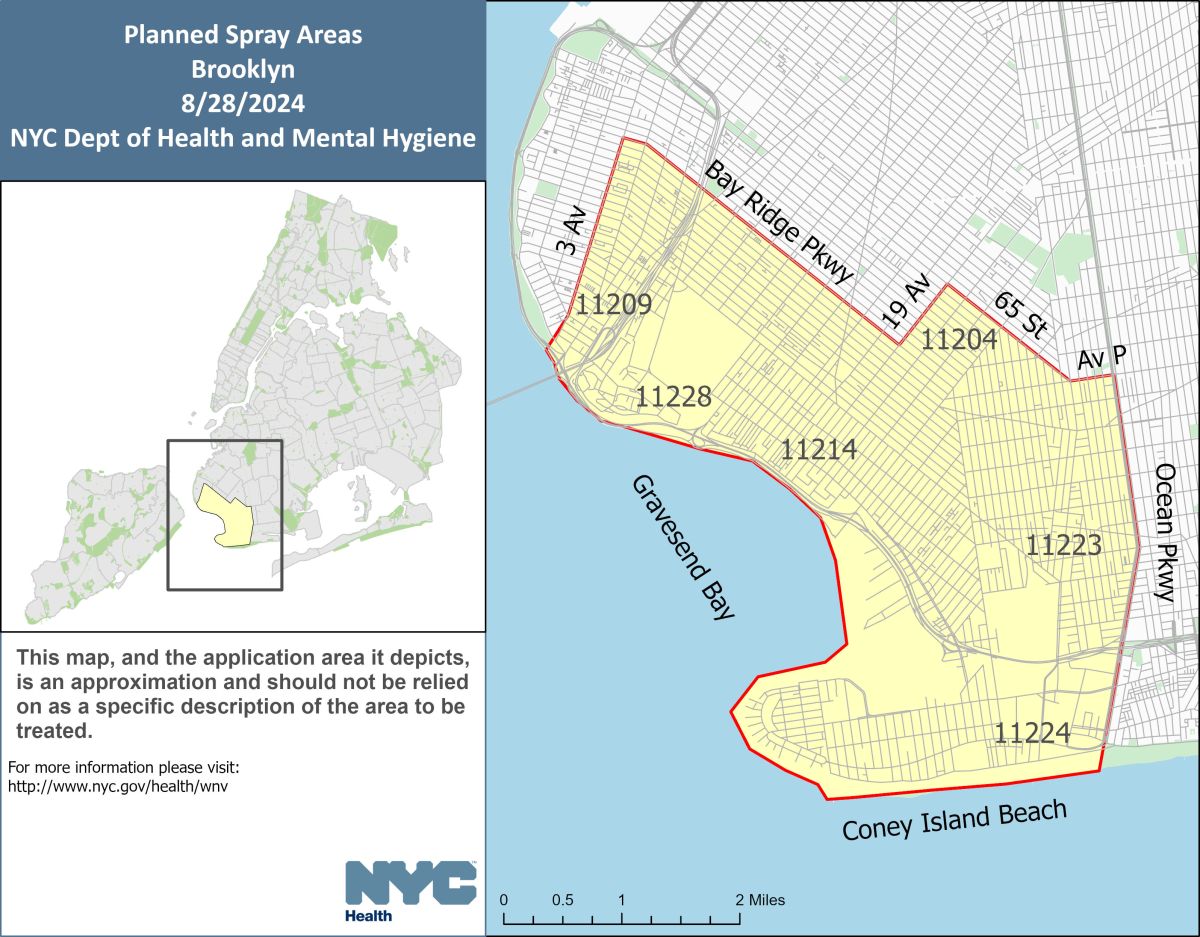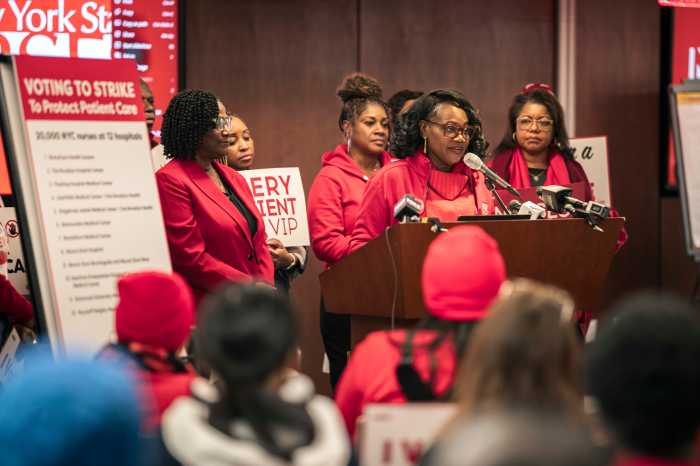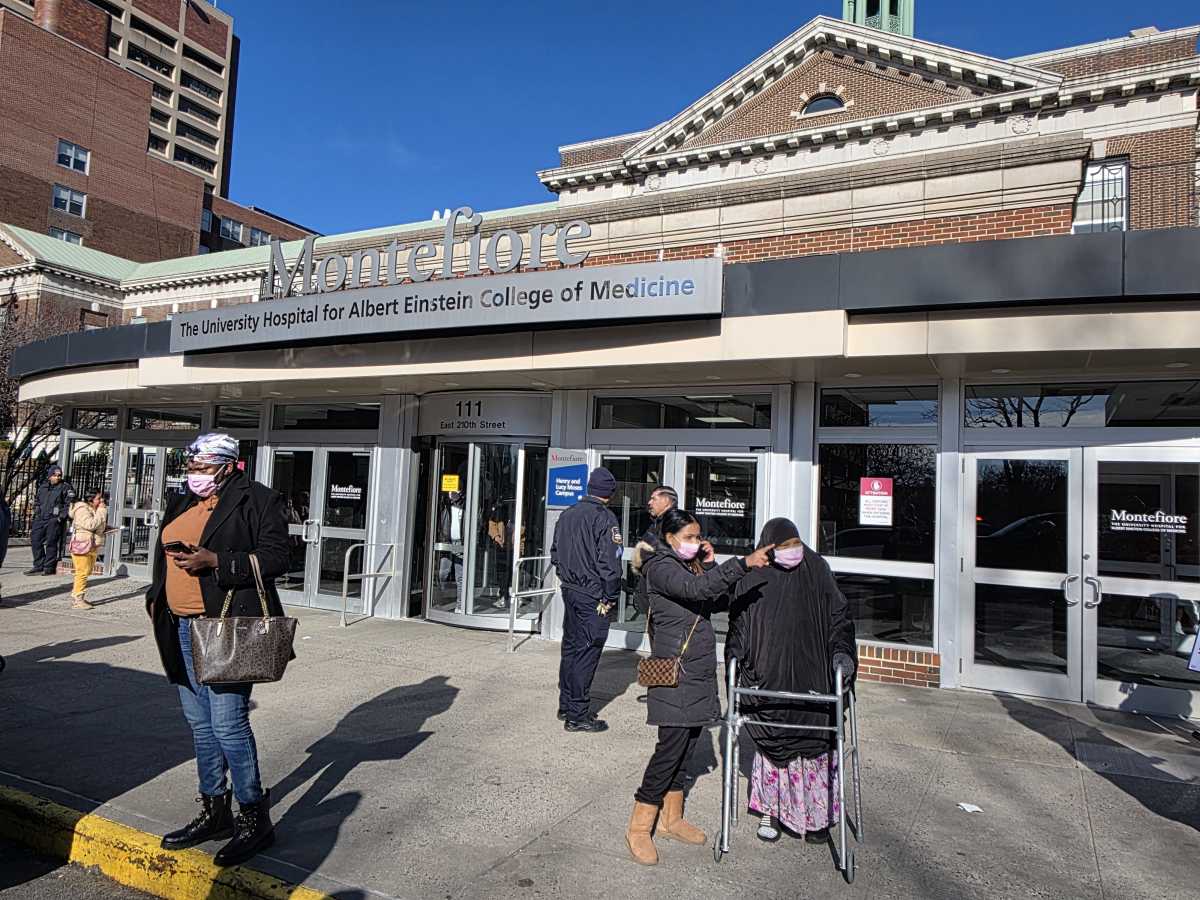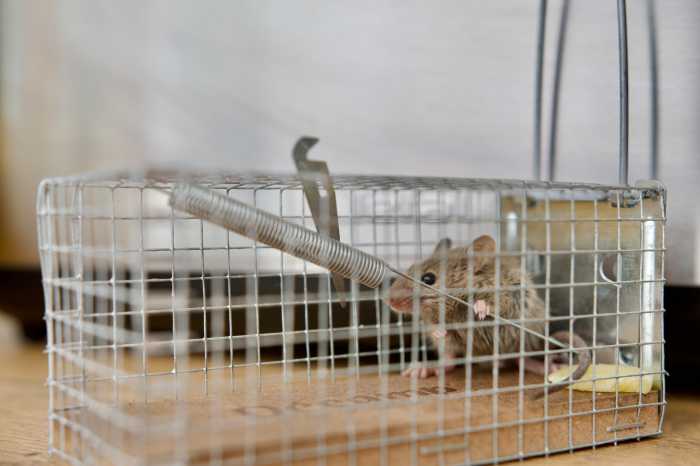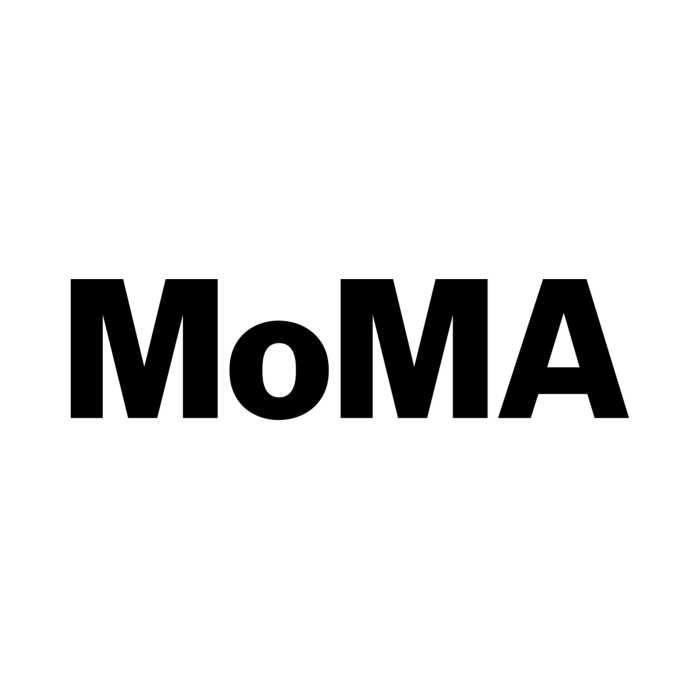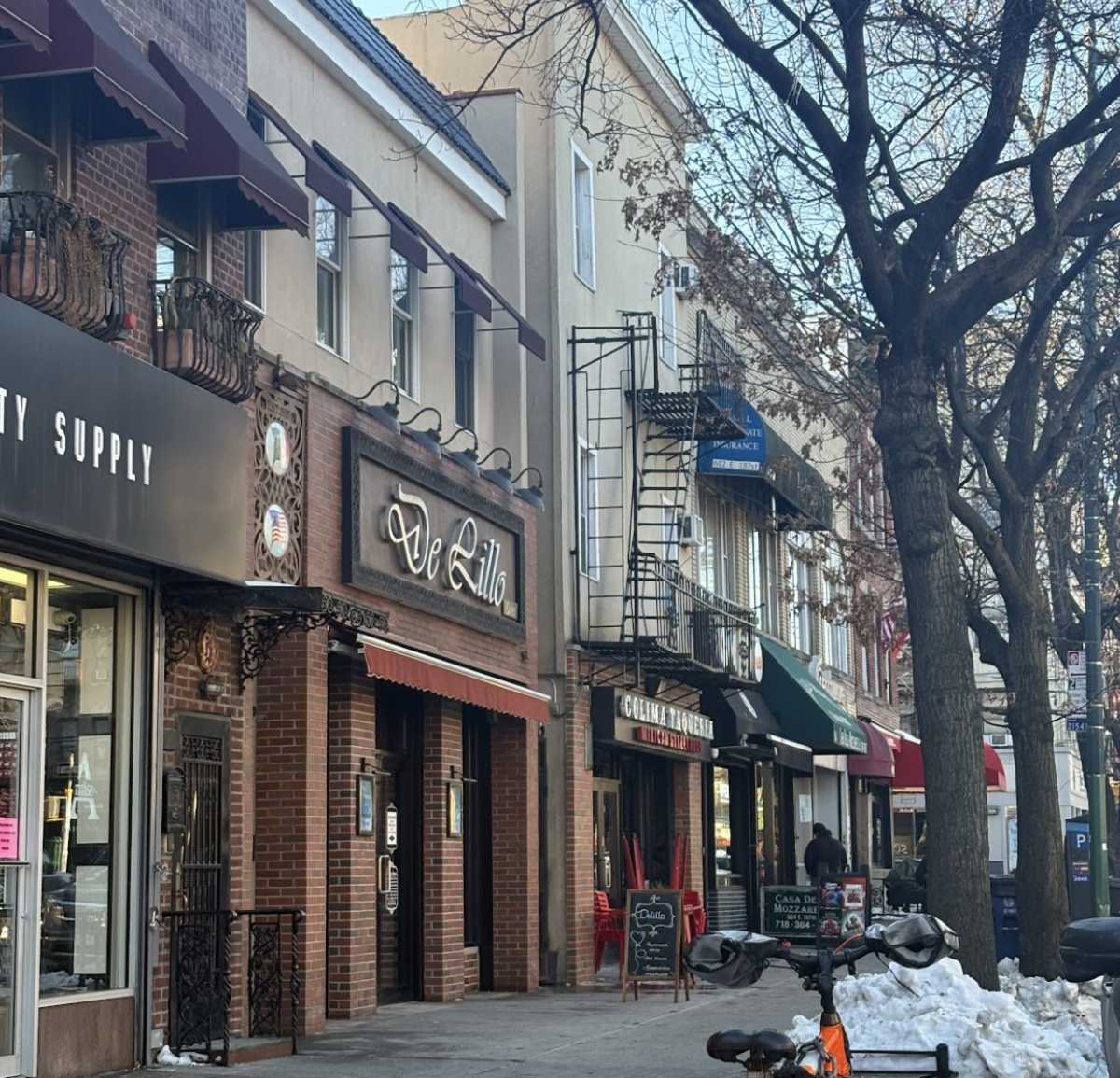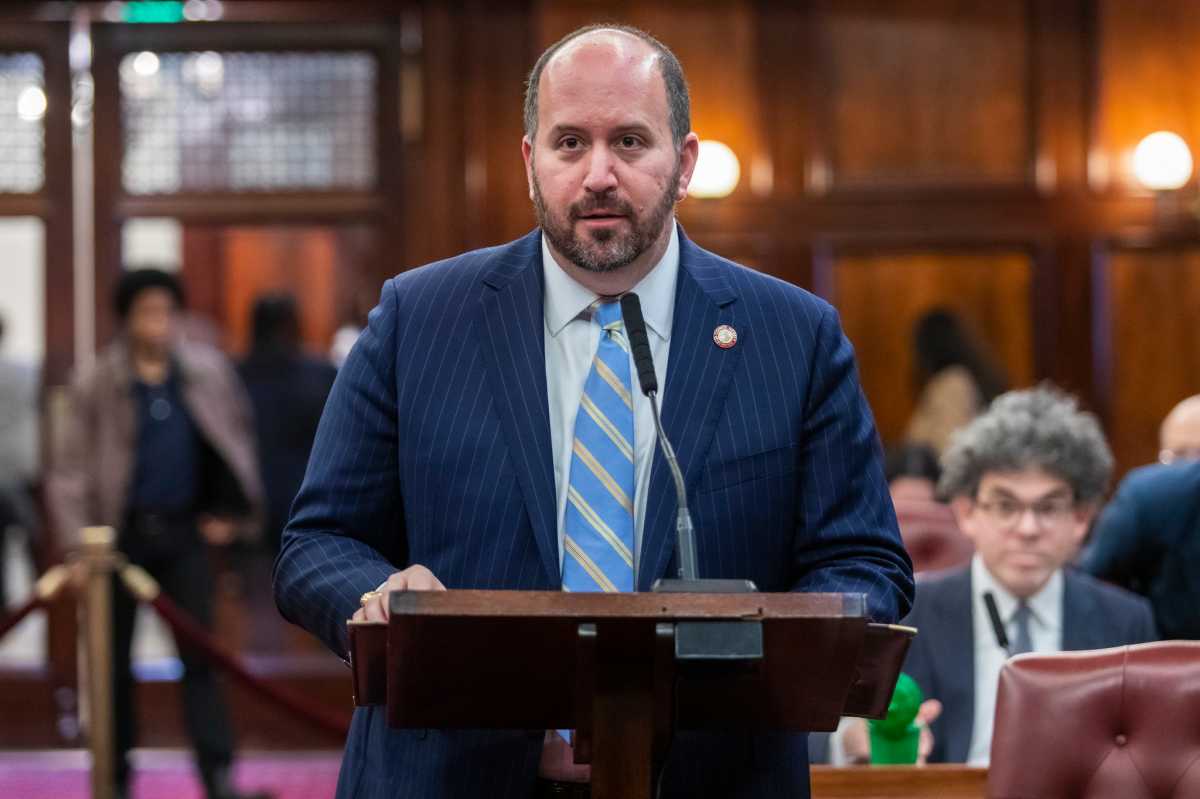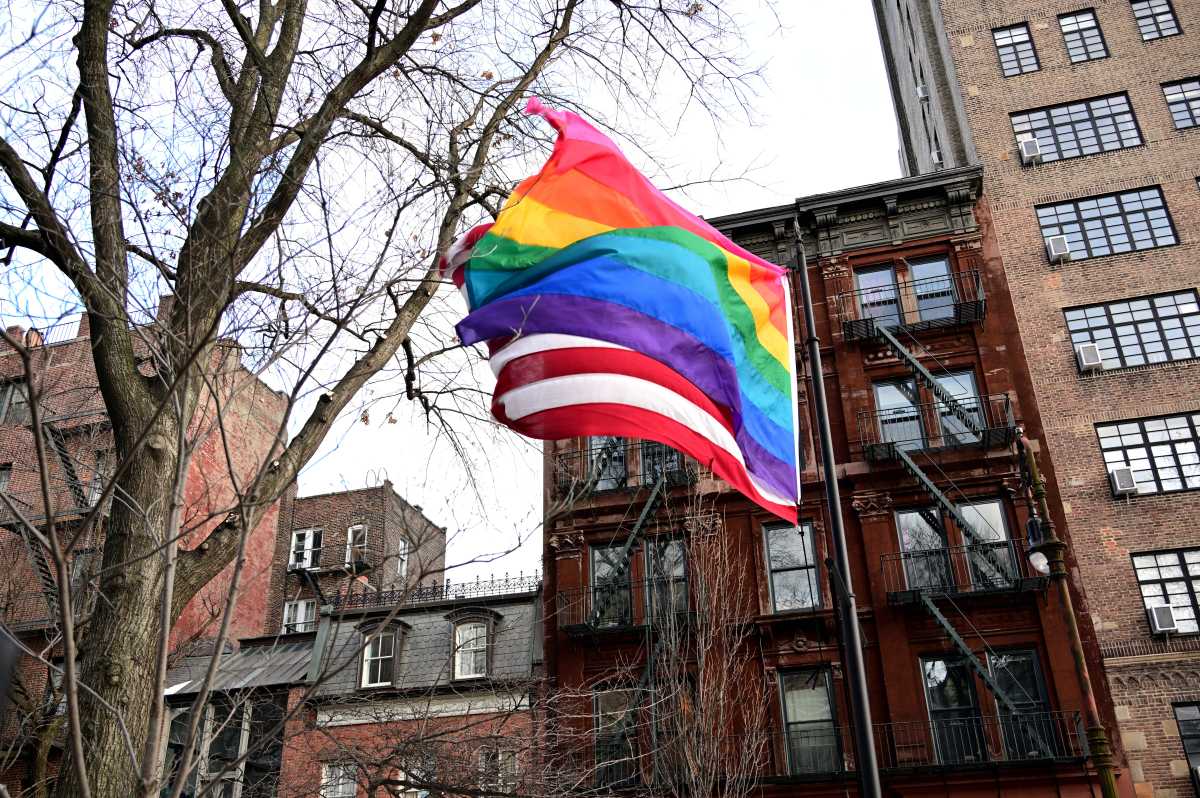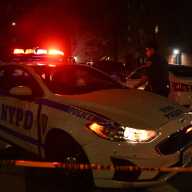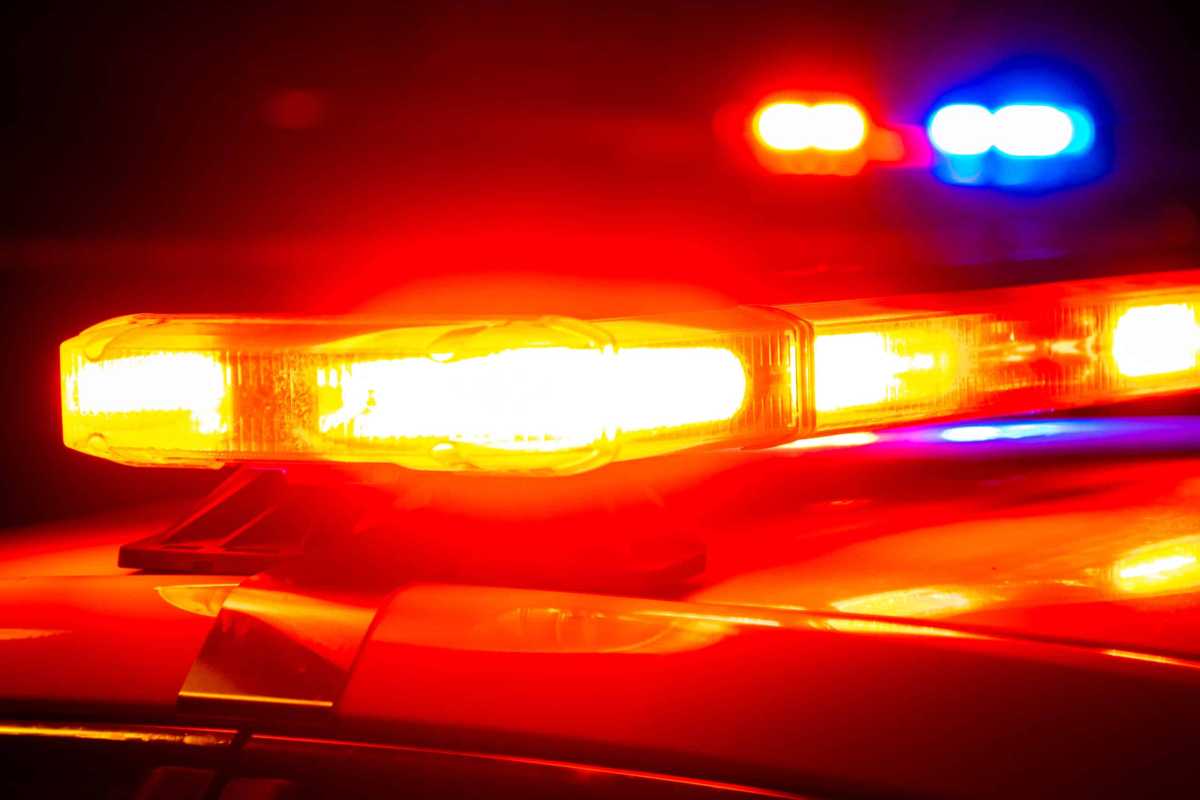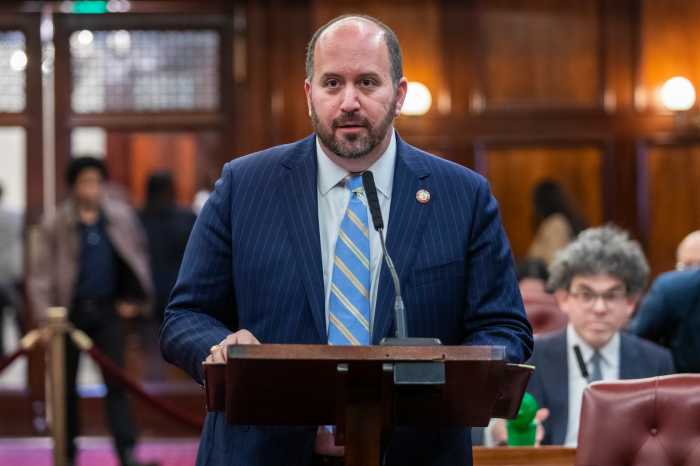The city is continuing its war on disease-carrying mosquitoes, this time with schedule sprayings in Manhattan and Brooklyn next week.
The Health Department will conduct an adulticide treatment to reduce mosquito activity and the risk of West Nile virus. On Aug. 26, the department will spray sections of Manhattan and on Aug. 28, the spraying will take place in sections of Brooklyn. Both sprayings will take place between the hours of 8:30 p.m. and 6 a.m. the following morning on their scheduled days.
In the case of inclement weather, the sprayings will be delayed to Aug. 27, and Aug. 29, respectively.
The Health Department will spray in Manhattan in the following areas of Carnegie Hill, Central Park, East Harlem, Fort George, Hamilton Heights, Harlem, Inwood, Lenox Hill, Lincoln Square, Manhattan Village, Manhattanville, Morningside Heights, Sherman Creek, Sugar Hill, Upper East Side, Upper West Side, Washington Heights, and Yorkville:
- Bordered by Hudson River to the West
- Spuyten Duyvil Creek to the North
- Harlem River, and 2nd Avenue to the East
- East-West 59th Street, Central Park West, and West 96 Street to the South.
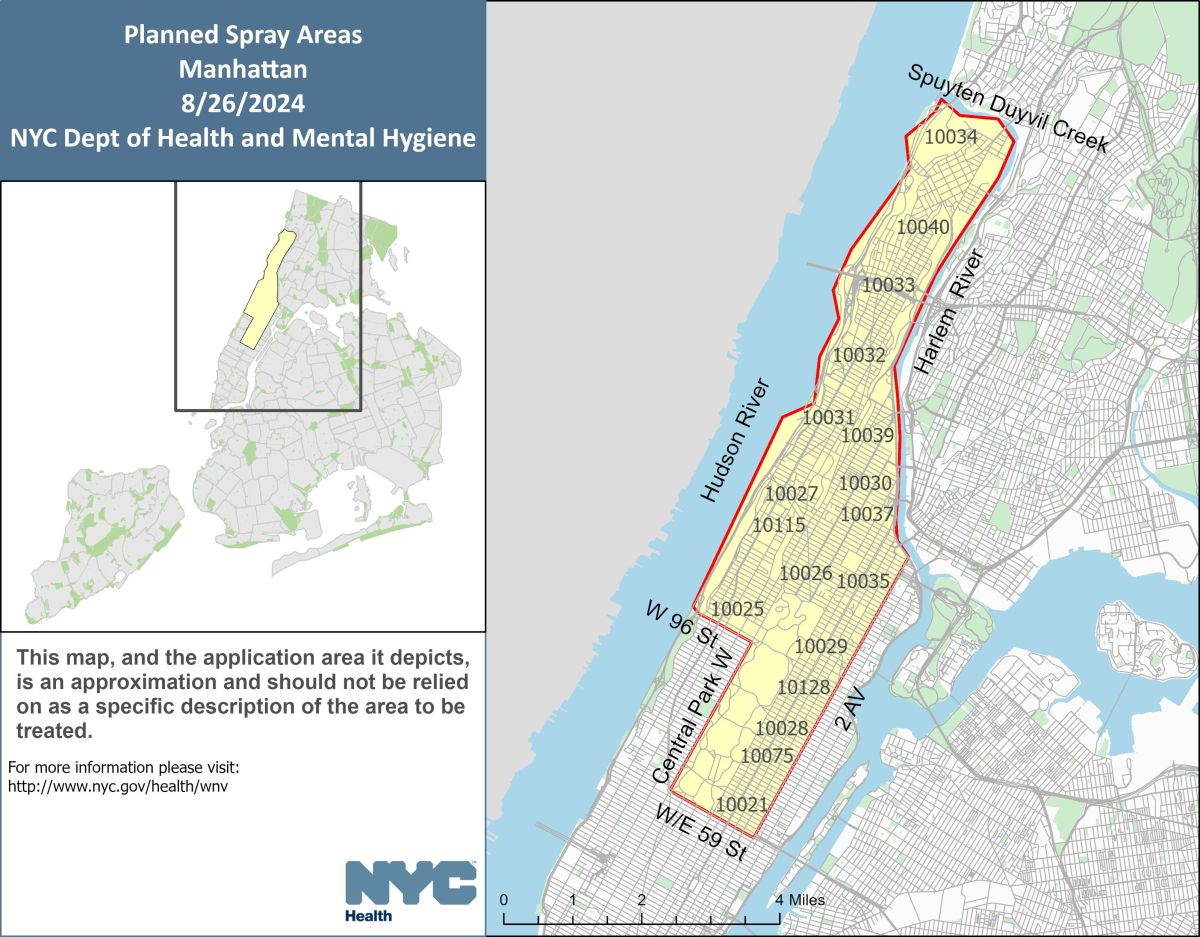
The Health Department will spray in Brooklyn in the following areas of Bath Beach, Bay Ridge, Bensonhurst, Coney Island, Dyker Heights, Fort Hamilton, Gravesend, New Utrecht, and Sea Gate:
- Bordered by 3rd Avenue to the West
- Bay Ridge Parkway, 19th Avenue, 65th Street, and Avenue P to the North
- Ocean Parkway to the East
- Coney Island Beach, and Gravesend Bay to the South.
The Health Department will be using low concentrations of Anvil® 10+10, Duet® or MERUS® 3 during the spraying. Though the risk of pesticides applied by the Health Department for mosquito control is low for people and pets, those who are sensitive to spray ingredients may experience short-term eye or throat irritation, or a rash, and people with respiratory conditions may also be affected.
It is recommended that you stay inside during the treatment. Air conditioners can stay on, though if you wish you can close air conditioner vents or choose the recirculate function. After the spraying, wash any skin and clothing exposed to pesticides with soap and water.
New Yorkers are also encouraged to mosquito-proof their homes and take precautions when spending time outdoors, and eliminate any standing water on their properties.
For more information about West Nile virus, call 311 or visit nyc.gov.
Read More: https://www.amny.com/lifestyle/health/mental-health/
